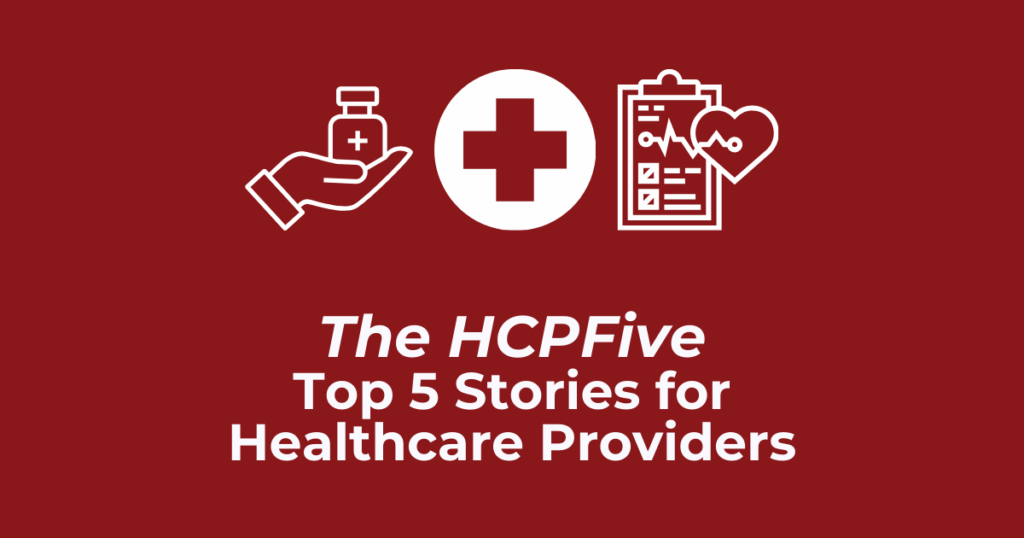
Healthcare continues to evolve with significant developments in treatments and diagnostics. Recently, the U.S. Food and Drug Administration (FDA) accepted a supplemental biologics license application (sBLA) for the use of insulin human (Afrezza) Inhalation Powder in children and adolescents diagnosed with type 1 or type 2 diabetes. This decision, announced by MannKind Corporation on October 13, 2025, is backed by promising results from the phase 3 INHALE-1 study, which lasted 26 weeks. Following this acceptance, the FDA has set a Prescription Drug User Fee Act (PDUFA) target action date of May 29, 2026.
In addition to diabetes treatment advancements, the FDA approved a supplemental new drug application (sNDA) for AbbVie’s upadacitinib (Rinvoq). This approval updates the indication statement for treating adults with moderately to severely active ulcerative colitis (UC) and Crohn’s disease (CD). The revised indication allows for the medication’s use after patients have received at least one approved systemic therapy when tumor necrosis factor blockers are not clinically advisable. Previously, the drug was restricted to those who had inadequate responses or intolerances to these blockers.
Another notable advancement is the FDA’s clearance of the Elecsys pTau181 test, the first blood test capable of ruling out Alzheimer-related amyloid pathology. Intended for patients aged 55 and older displaying symptoms of Alzheimer’s disease, the test aims to assist healthcare providers in the initial assessment of cognitive decline, thereby enhancing diagnostic capabilities in primary care settings.
In a related development, Boehringer Ingelheim and Click Therapeutics presented phase 3 data at the 38th Annual European College of Neuropsychopharmacology (ECNP) Congress in Amsterdam. Their investigational prescription digital therapeutic, designed to complement antipsychotic therapy, demonstrated a significant reduction in experiential negative symptoms among patients with schizophrenia.
Furthermore, Novartis announced positive final results from the phase 3 APPLAUSE-IgAN study of iptacopan (Fabhalta) in adults suffering from IgA nephropathy (IgAN). In this trial, the oral complement pathway inhibitor exhibited statistically significant and clinically meaningful superiority over a placebo in slowing the progression of IgAN, as measured by the annualized total slope of estimated glomerular filtration rate (eGFR) decline over a two-year period. Novartis plans to leverage this data for regulatory submissions in 2026.
These key developments underscore the importance of ongoing research and innovation in the healthcare sector. With each advancement, patients and healthcare providers gain more options and resources for managing conditions that affect millions worldwide. As the landscape of medicine continues to evolve, staying informed about these changes is crucial for both providers and patients alike.







